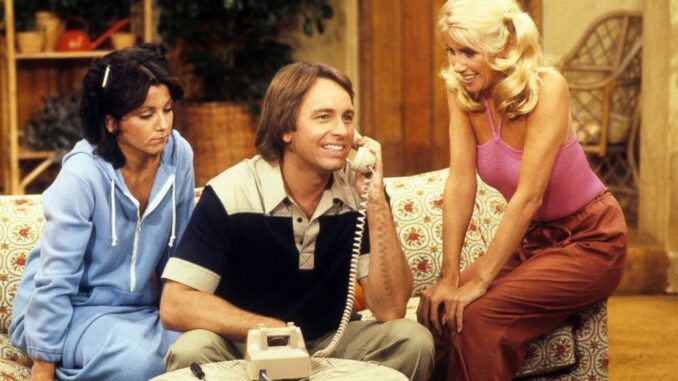
Even with shows like RuPaul’s Drag Race, Glee, and The Ellen DeGeneres Show, it’s easy to argue that we need more representation. Luckily, there’s hardly the void of gay role models many of us experienced coming up in the 1970s and ’80s. Sure, our developing presence in the media is crucial to the LGBTQ community — especially for the youth, and especially now. I’d been there myself: 5, 6, 7 years old and already fighting and hiding the undeniable crushes threatening my suburban childhood of soccer games and karate class. Who was there to turn to for mirroring? Who would show me the gay way?
Well, there were the hung, handlebar-mustached porn stars featured in the damp, crumpled magazines my friends and I found while setting off firecrackers one day in the woods near the highway. Those photos, which had been stuffed inside a tire — the secret stash of some neighborhood kid apparently smart enough to acquire such contraband but too scared (or genius) to keep them in his home — sure did freak out my friends. But that imagery led to an even more alien notion: Were those the only kind of gay people in the world? Why would I think otherwise? I hadn’t seen them anywhere else. Aside from The Hollywood Squares — sort of — when it showcased the snide innuendos of the openly closeted Paul Lynde and Charles Nelson Reilly, who were off-the-wall uncle-ish clowns our mothers adored without question, right? (Not lustful cocksuckers like those men in the magazines.)
For weeks, I tormented myself, imagining my mother’s response — not to my eventual coming-out but to my ultimate career path. Gone were her dreams of a doctor or lawyer son: By age 7, I assumed eventually I’d have to accept my fate and become a handlebar-mustached porn star myself.
Little did I know I was about to be schooled by a silly new sitcom airing on ABC: Three’s Company. Jack Tripper appeared on the screen in 1977 (the 40th anniversary of the first episode is this March): boyishly handsome, adorably clumsy and generally ordinary in most ways, except one — he was pretending to be gay in order to live with two female roommates. This was certainly “a step that was new” but not completely unfamiliar to a boy pretending to be straight in order to live peacefully in an unwelcoming world.
Jack (and John Ritter, who played him, for that matter) wasn’t queer, but the fact that he had the audacity to even label himself gay was astounding. And even more astounding: He actually benefited from it. I mean, the man was living my dream by residing in a beachside apartment with his two best platonic gal pals. Like some kind of perpetual slumber party, probably not unlike the sleepovers I envied when my twin sister stayed up until dawn, laughing and whispering with her girlfriends, no doubt high on the Hostess cakes and Hawaiian Punch they’d smuggled into her room as provisions.
